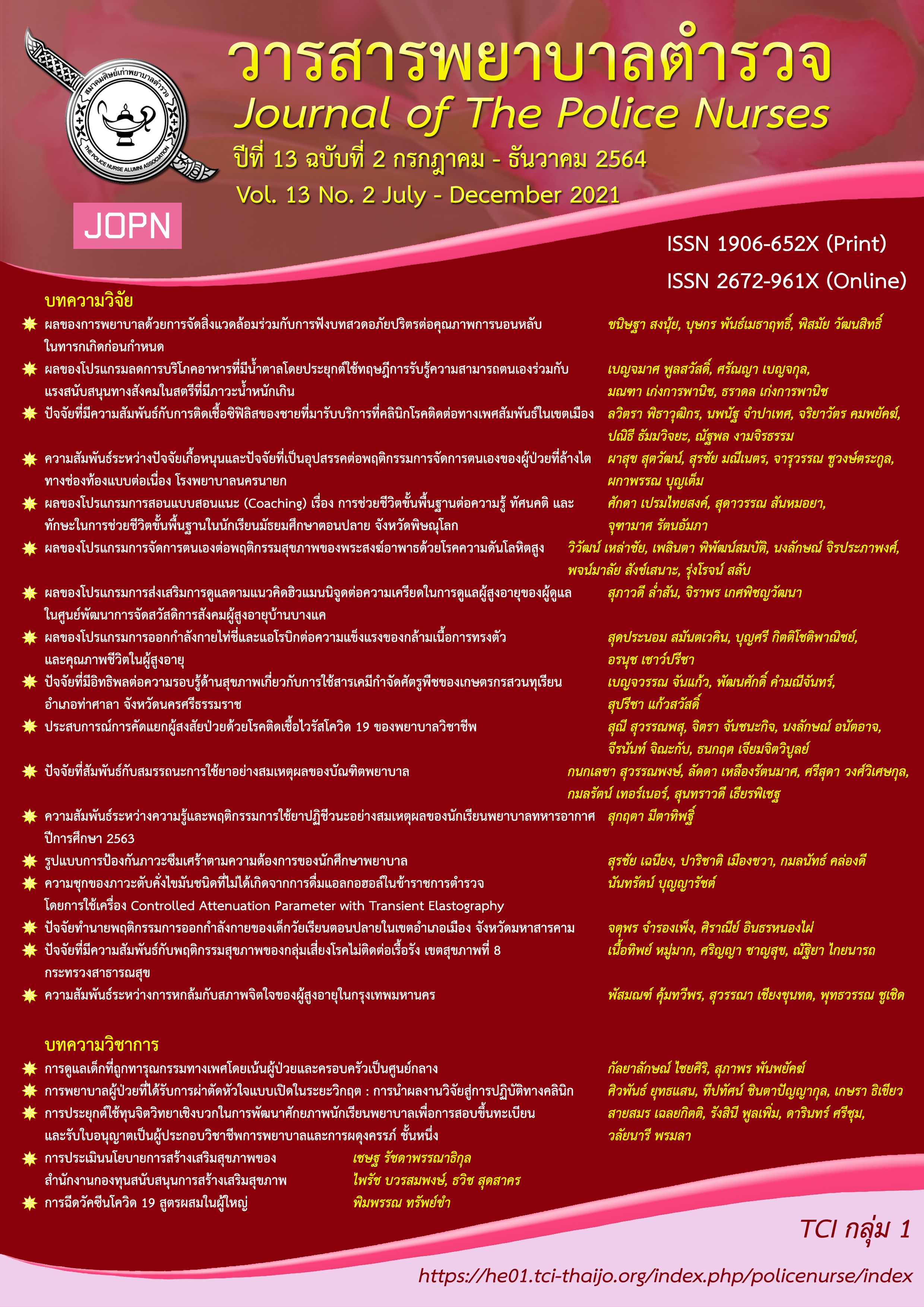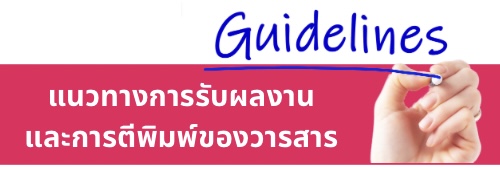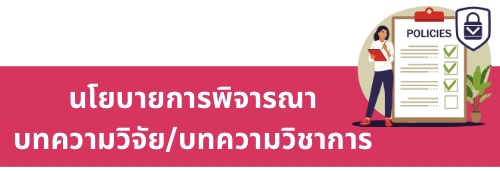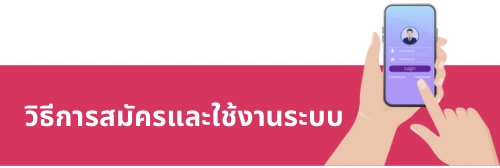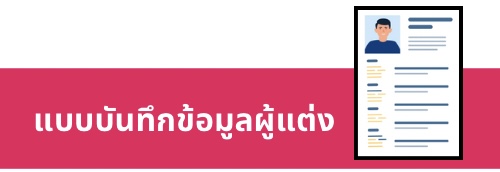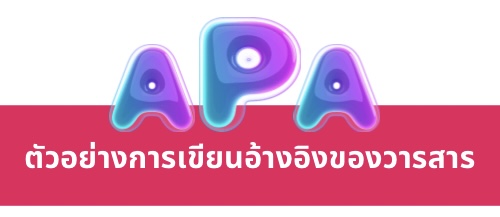การประยุกต์ใช้ทุนจิตวิทยาเชิงบวกในการพัฒนาศักยภาพนักเรียนพยาบาลเพื่อการสอบ ขึ้นทะเบียนและรับใบอนุญาตเป็นผู้ประกอบวิชาชีพการพยาบาลและการผดุงครรภ์ ชั้นหนึ่ง
คำสำคัญ:
ทุนทางจิตวิทยาเชิงบวก, โครงการหยกปัญญา, การสอบขึ้นทะเบียนและรับใบอนุญาตเป็นผู้ประกอบวิชาชีพการพยาบาลและการผดุงครรภ์ชั้นหนึ่งบทคัดย่อ
บัณฑิตพยาบาลต้องเป็นผู้ที่มีความรู้ความสามารถในการปฏิบัติการพยาบาลตามมาตรฐานวิชาชีพการพยาบาลและการผดุงครรภ์ สภาการพยาบาลซึ่งเป็นองค์กรวิชาชีพที่มีหน้าที่กำกับดูแลคุณภาพของผู้สำเร็จการศึกษาก่อนการออกไปปฏิบัติงานในระบบสุขภาพจึงจัดสอบวัดความรู้เพื่อขึ้นทะเบียนและรับใบอนุญาตเป็นผู้ประกอบวิชาชีพการพยาบาลและการผดุงครรภ์ ผู้สำเร็จการศึกษาหลักสูตรพยาบาลศาสตรบัณฑิตทุกคนจากทุกสถาบันการศึกษาพยาบาลในประเทศไทยจะต้องสอบผ่านการสอบวัดความรู้ดังกล่าวก่อนไปปฏิบัติงานเป็นพยาบาลวิชาชีพในประเทศไทย วิทยาลัยพยาบาลกองทัพบกจึงได้นำแนวคิดทฤษฎีทุนทางจิตวิทยาเชิงบวกมาประยุกต์ใช้ในการพัฒนาศักยภาพนักเรียนพยาบาล ชั้นปีที่ 4 ในการสอบขึ้นทะเบียนและรับใบอนุญาตเป็นผู้ประกอบวิชาชีพการพยาบาลและการผดุงครรภ์ ชั้นหนึ่ง ของสภาการพยาบาล ผ่านโครงการหยกปัญญาเพื่อให้นักเรียนพยาบาลสามารถสอบผ่านตั้งแต่การสอบครั้งแรกเพื่อคงไว้ซึ่งมาตรฐานวิชาชีพและอนาคตที่ดีของบัณฑิตพยาบาล
Downloads
เอกสารอ้างอิง
Ankanawin, U., Untaja, P., Yuroong, A., & Bohplian, S. (2020). Perception of royal Thai army nursing students towards elderly care before studying gerontological nursing. Journal of The Royal Thai Army Nurses, 21(2). 140-149.
Bandura, A. (1997). Self-efficacy: The exercise of control. New York, NY: W.H. Freeman and Company.
Chaleoykitti, S., Poonruksa, S., Prasertsong, C., Pungbangkadee, R., Chaiyasung, P., Taweewanich, S., & Satsin, T. (2021). The effect of the positive psychological capital program on smoking cessation of the conscripts. Journal of the Police Nurses, 13(1), 190-198.
Chaleoykitti, S. Srithumsuk, W., Jaipong, S., Pattayakorn, P., & Podimuang, K. (2020). Association between clinical characteristics and quality of life in older people with stroke at hospital discharge. Advances in Aging Research, 9, 67-76.
Chaleoykitti, S., & Suruksa, N. (2010). Positive psychological capital and human development. Journal of Psychology, 16, 106-117.
Chaleoykitti, S., Suruksa N., Khedpituk, P., & Thongkhumpunjong, S. (2012). The development of positive psychological capital of professional nurses through integrative group counseling. Journal of Psychology, 18, 9-27.
Hongtiyanon, T., Tipawong, A., Yodkolkij, L, & Chaleoykitti, S. (2019). The effectiveness of perceived self-efficacy program for assisting adolescences towards behavioral of avoiding narcotics. Royal Thai Army Medical Journal, 72(1). 33-40.
Kongyoo, S. (2017). Predictor of the result of the license examination of graduated nurses, Royal Thai Army Nurse College. Journal of The Royal Thai Army Nurses, 18(2), 228-237.
Krumm, C., Krumm, M., Delasc, Y., Lafrenièred, M-A., Fenouillete, F., & Lopezf, S. J. (2014). The structure of the state hope scale. The Journal of Positive Psychology, 1-10. http://www.doi.org/10.1080/17439760.2014.936964
Luthans, F. (2002). The need for and meaning of positive organizational behavior. Journal of Organizational Behavior, 6, 695-706.
Luthans, F., Youssef, C. M., & Avolio, B. J. (2007). Psychological capital. New York, NY: Oxford University Press.
Seligman, M. E. P. (1998). Learned optimism. New York, NY: Pocket Books.
Snyder, C. R. (2002). Hope theory: Rainbows in the mind. Psychological Inquiry, 13, 249–275. http://www.doi.org/10.1207/S15327965PLI1304_01
ดาวน์โหลด
เผยแพร่แล้ว
รูปแบบการอ้างอิง
ฉบับ
ประเภทบทความ
สัญญาอนุญาต
ผลงานที่ได้ตีพิมพ์แล้วจะเป็นลิขสิทธิ์ของวารสารพยาบาลตำรวจ

